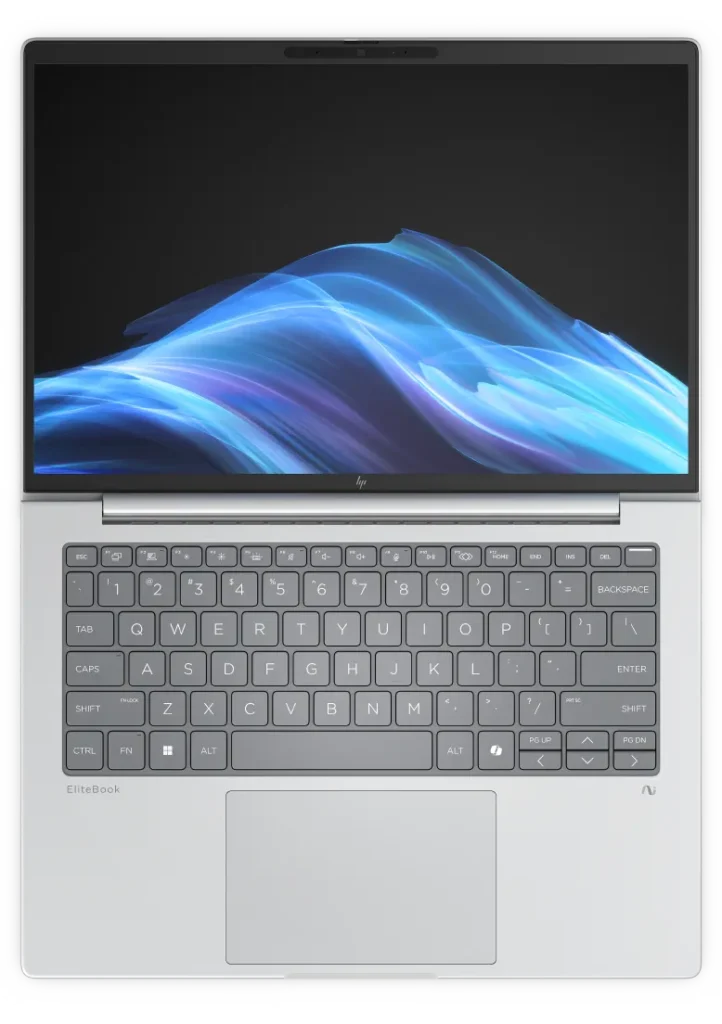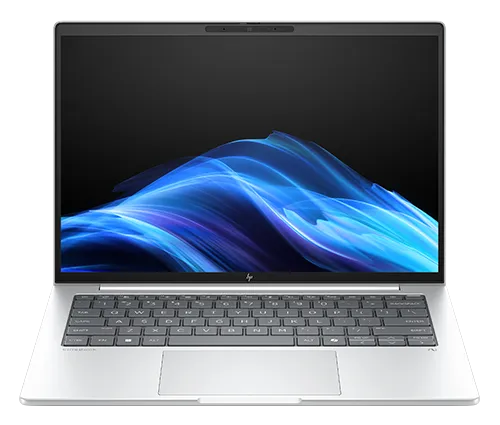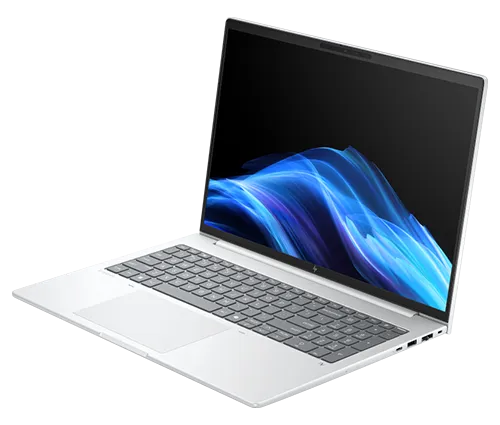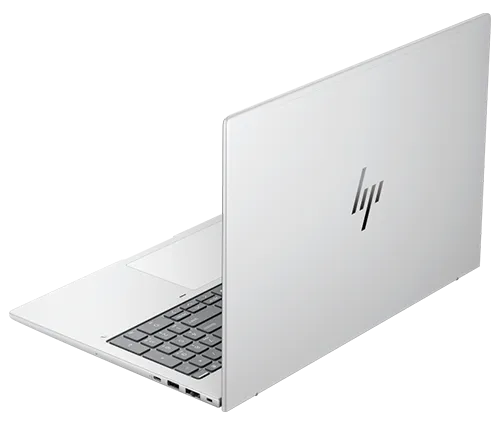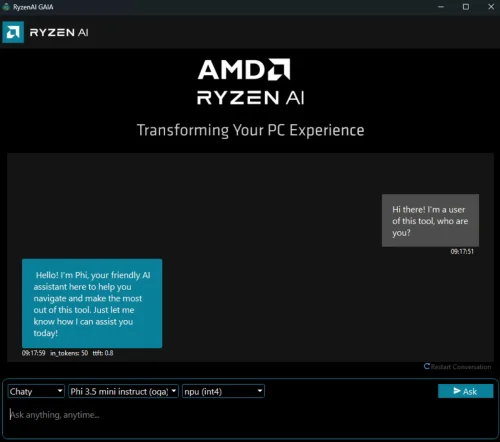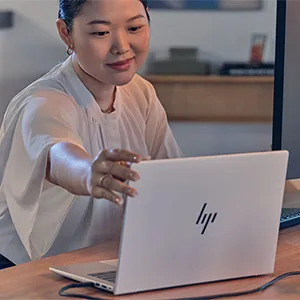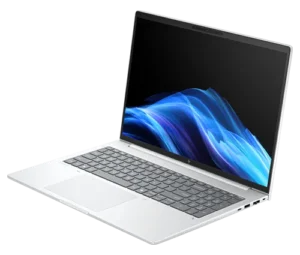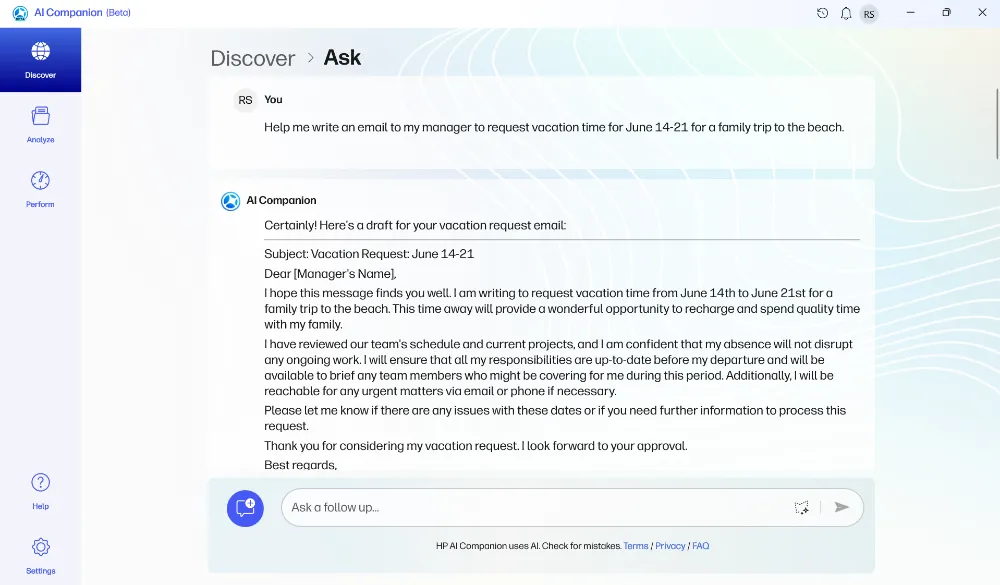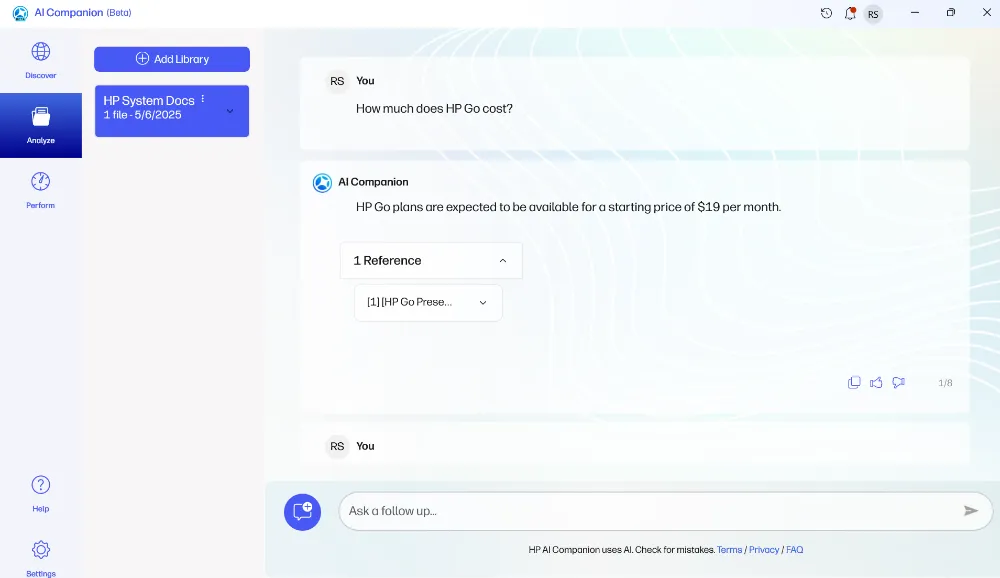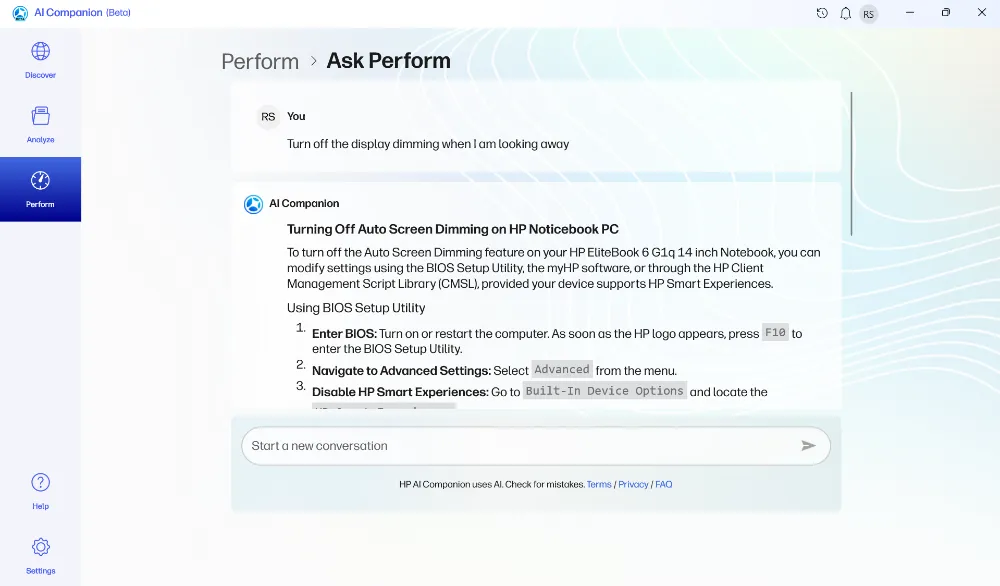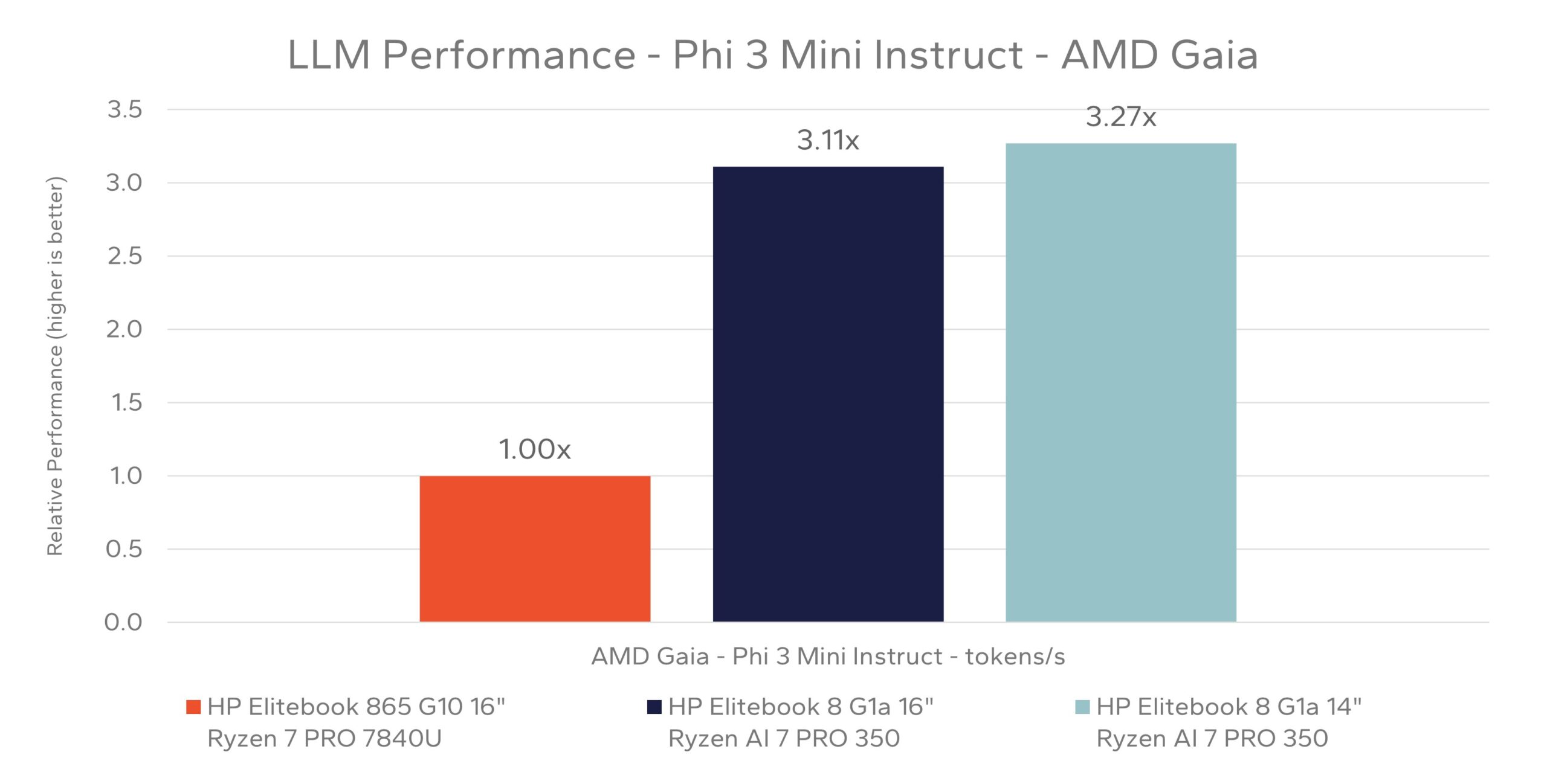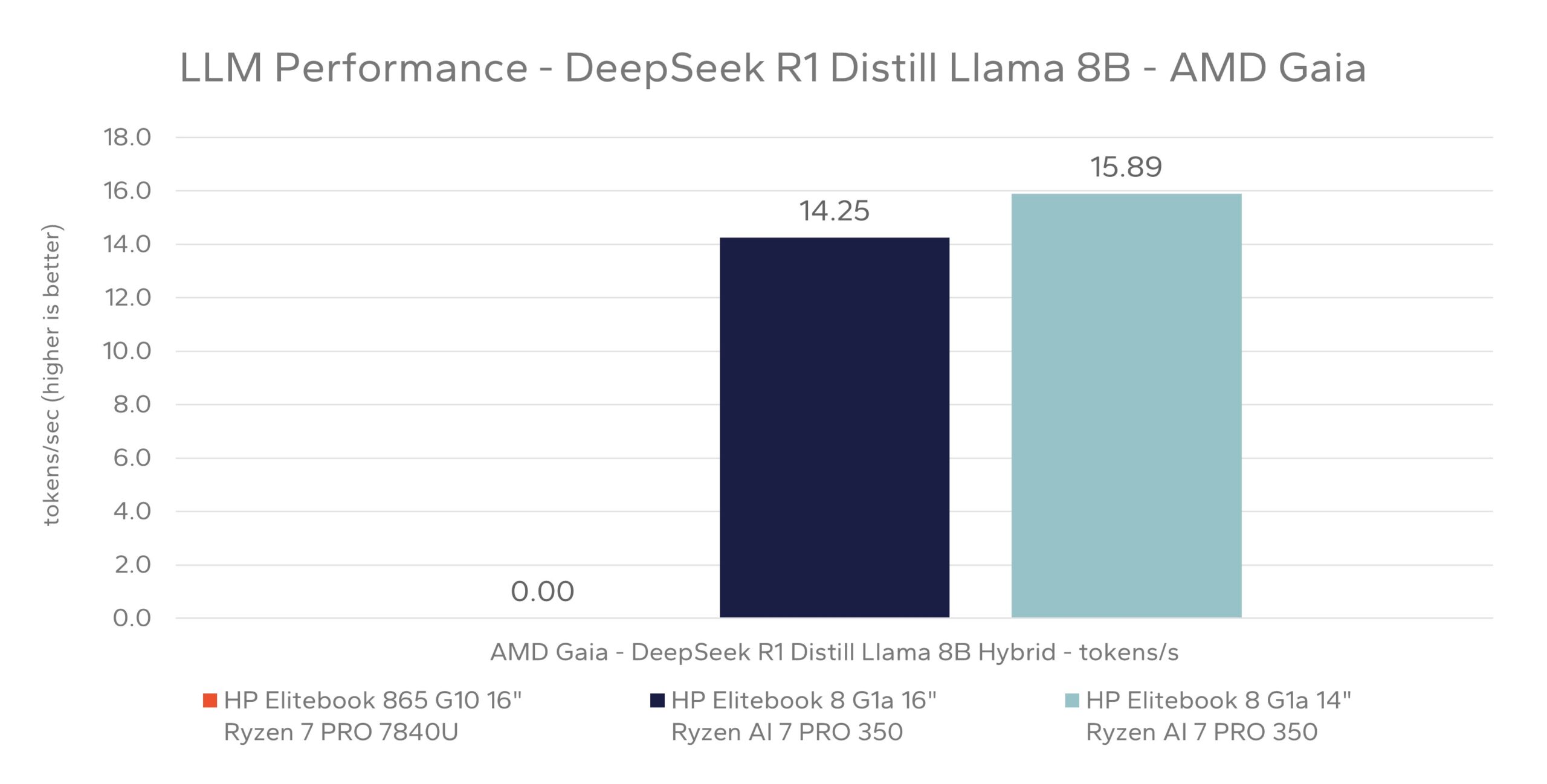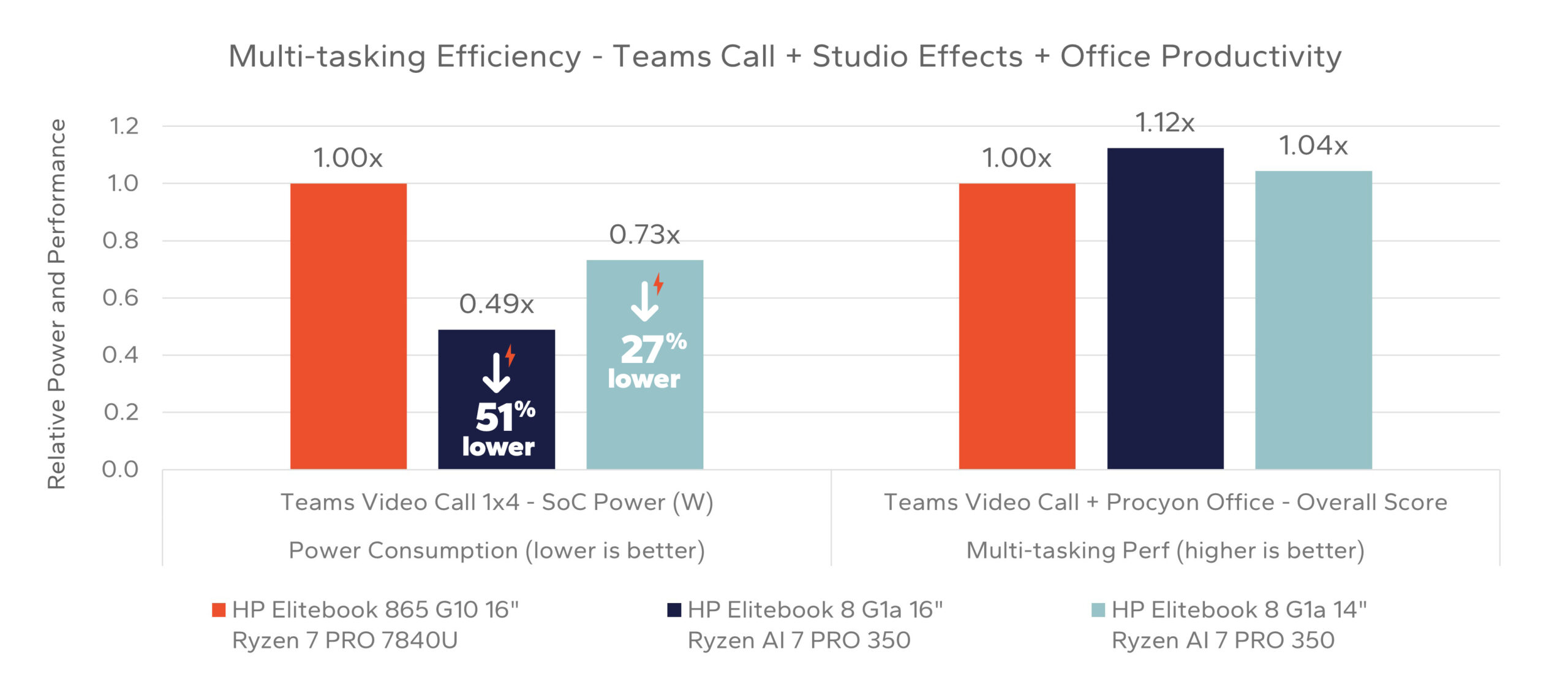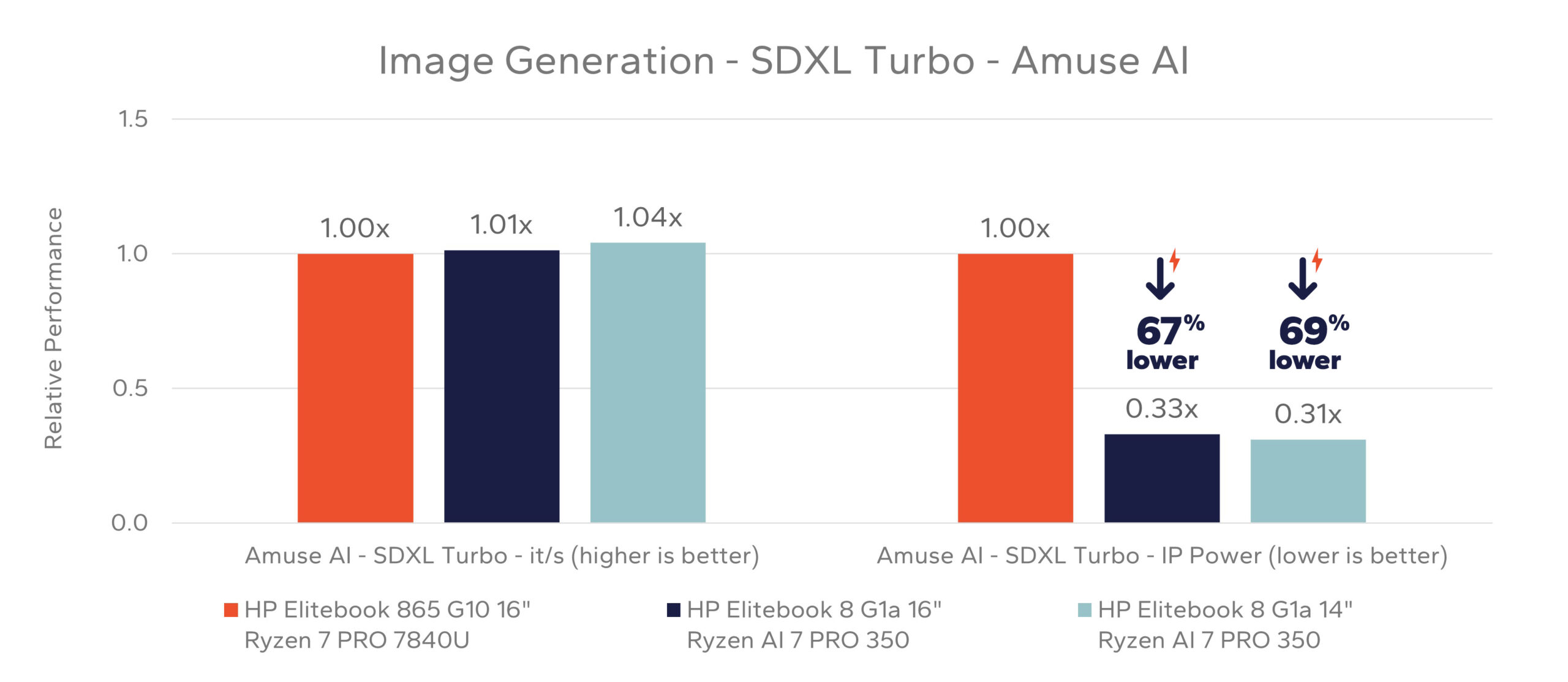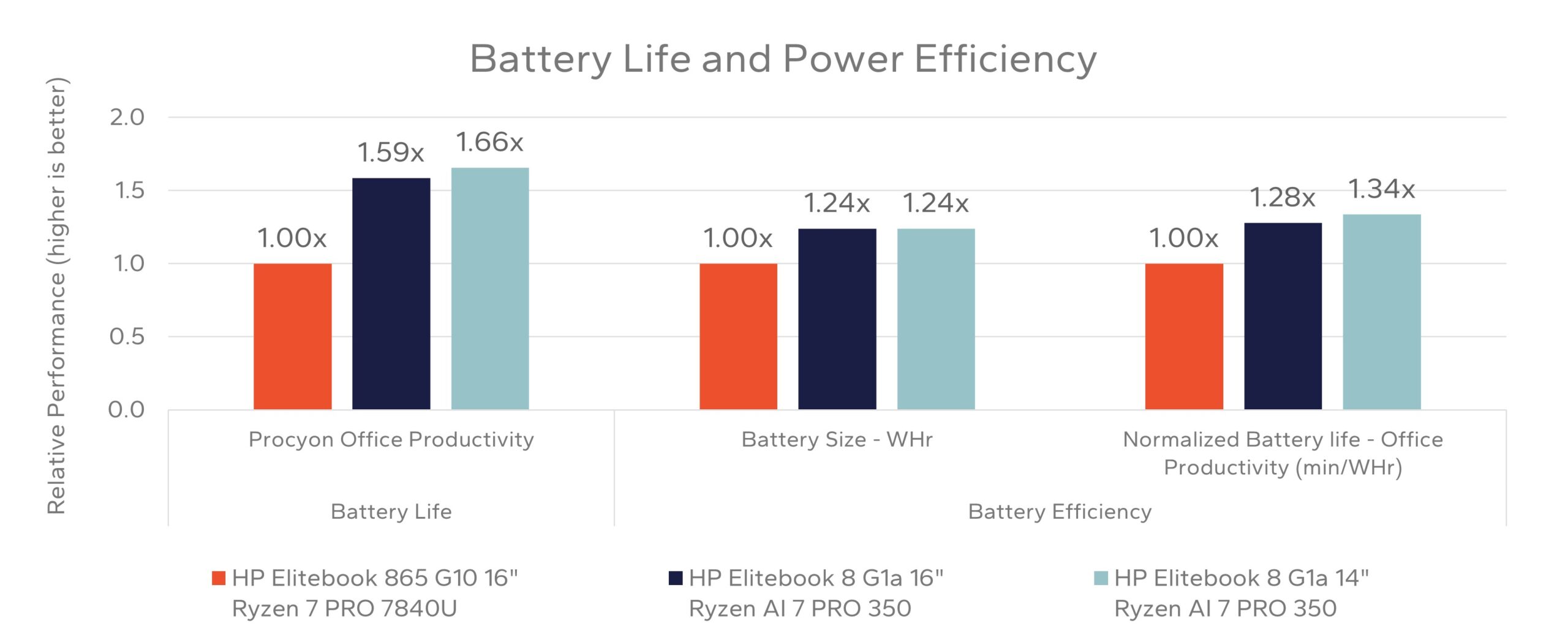HP has long held a leading position in the commercial PC market, driven by its ability to align product development with the evolving needs of business and enterprise customers. Since the early 1990s, HP’s commercial laptops have been known for their reliability, manageability, and security, attributes that made them staples in corporate IT deployments across industries. With the introduction of the EliteBook family, HP built a clear flagship line tailored specifically for professionals. These systems combined enterprise-class performance with mobility, durability, and easy integration with business infrastructure, creating a portfolio that earned trust from IT departments and end users alike.
Over the past two decades, HP’s approach to the commercial PC space has evolved to reflect broader shifts in how and where people work. The rise of hybrid work, growing demand for integrated security, and the increasing importance of long battery life and connectivity have all shaped how HP designs its business notebooks. EliteBooks in particular have stood out for their consistent attention to detail, from keyboard quality and port selection to enterprise software support and serviceability. This focus has helped HP maintain a strong reputation among large organizations with long refresh cycles and demanding support requirements.
While HP has worked with all major processor vendors, its collaboration with AMD has steadily grown more important particularly over the past five years. As AMD introduced its Ryzen™ PRO platform, which adds enterprise-class manageability and security features to its high-performance CPU designs, HP began to incorporate these processors into its commercial portfolio more broadly. The new class of systems that resulted combined the core efficiency and multi-core performance AMD is known for with the robust build and software ecosystem HP customers know and value.
AMD Ryzen-powered EliteBooks have allowed HP to offer a compelling alternative in the commercial PC space, often providing strong performance-per-dollar and battery life leadership. These systems have also enabled greater SKU flexibility across different screen sizes and configurations, giving enterprise customers more choice when standardizing across departments or job functions. Importantly, AMD commits to multi-year platform stability and ongoing security alignment with Microsoft, allowing HP to extend these benefits to customers without introducing undue complexity in IT management.
HP’s engagement with AMD has also played a key role in enabling rapid support for emerging workloads, including AI-assisted productivity and real-time collaboration. With the latest Ryzen AI processors, HP has integrated AMD AI acceleration capabilities directly into its designs. This includes leveraging the on-chip neural processing unit (NPU) for tasks like background noise suppression, intelligent webcam framing, and on-device inferencing, all aligned with HP’s broader AI PC strategy. The inclusion of Ryzen AI in commercial devices marks an evolution in the partnership, pushing performance forward while maintaining the battery life and security posture required by enterprise users.
This ongoing collaboration is especially evident in the development of the new HP EliteBook 8 G1a series. Built around the AMD Ryzen AI PRO 300 Series processors, these systems represent the next step in HP’s commercial design philosophy, one that blends manageability and enterprise readiness with forward-looking features like on-device AI and modern collaboration tools. They build directly on the foundation laid by previous AMD-powered EliteBooks, including the 865 G10, and continue to refine the balance between performance, efficiency, and user experience.
As AMD has grown its presence in the commercial processor space, HP has responded by scaling its investments and support across the AMD portfolio. The result is a commercial lineup that treats AMD as a core pillar of HP mainstream business offerings. This alignment not only benefits customers looking for flexibility and performance but also ensures that HP remains a leader in offering a diverse range of secure, AI-ready commercial PCs.
Display options across the EliteBook 8 G1a lineup cater to a wide range of user needs. Customers can choose from standard FHD+ panels with low power draw, to high-resolution QHD+ or 2.5K touch-enabled screens with increased brightness for outdoor visibility. HP also includes optional Sure View privacy screens on select SKUs to help protect sensitive information in public environments. Across the board, these displays are tuned for professional content creation, document review, and hybrid collaboration use cases, supported by AI-powered features like automatic brightness adjustment and ambient light sensing.
This core architecture, coupled with HP Smart Sense, allows the platform to dynamically shift workloads based on real-time performance and power requirements, optimizing both responsiveness and battery life. It’s particularly effective in hybrid work scenarios where background tasks, video conferencing, and document processing may all occur simultaneously. The system is also equipped with up to 64 GB of LPDDR5x memory and up to 1 TB of PCIe Gen 4 NVMe storage, supporting fast application load times and multitasking performance that scales with business needs.
One of the defining features of the Ryzen AI PRO 300 Series is its integrated NPU, which delivers up to 50 TOPS of on-device AI acceleration. This positions the EliteBook 8 G1a as a fully capable Copilot+ PC, ready to support the latest Windows AI features like Recall, Cocreator, and real-time translation with low latency and no reliance on cloud processing. The combination of high TOPS capacity and enterprise-grade CPU performance makes the system particularly well-suited for professionals who work with data-intensive applications, content generation, or want to branch into AI-augmented workflows.
One of the defining characteristics of HP’s business laptops over the last several generations has been the inclusion of intelligent, proprietary software designed to elevate productivity and user experience. On the EliteBook 8 G1a, that tradition continues with the inclusion of HP AI Companion and Poly Camera Pro, two applications that exemplify HP’s AI-enhanced PC strategy. Both are optimized for systems built with the AMD Ryzen AI platform and make full use of on-device capabilities like the integrated NPU to improve responsiveness, power efficiency, and privacy.
HP AI Companion is a streamlined productivity assistant preloaded on the EliteBook 8 G1a. It offers a single interface for AI-driven support across three key functions: “Discover” for natural language queries and assistance, “Analyze” for document insight and retrieval-augmented generation (RAG), and “Perform” for guidance on optimizing system settings and usability. These tools are designed to help knowledge workers save time, find critical information faster, and reduce reliance on separate apps or tools for common computing tasks.
New in this generation, HP AI Companion supports a seamless toggle between local and cloud-based AI processing, made possible by the powerful AI hardware integrated into the AMD Ryzen AI 300 Series platform. Users can choose to keep queries local for privacy and low-latency responses or access a connected experience backed by cloud-based models such as GPT-4. This flexibility is especially important in enterprise contexts where data sensitivity, performance, and policy compliance all influence how and where AI tools are used.
The Discover feature allows you to engage with an LLM (large language model) locally in or in the cloud, to ask questions and get help with common writing and office tasks. If you have experience working with a ChatGPT or Google Gemini interface, the HP AI Companion tool will look very familiar.
Using the tool was simple and fast, and the output was of the same quality that we see with other local-compute options like Copilot or with third-party tools like LM Studio. You can use the tool to help kick off some writing tasks or to help brainstorm ideas around any kind of topic.
The Analyze feature continues to stand out for commercial users. It allows users to build document libraries from local files, which the AI model can then reference in real time to answer targeted questions or extract insight. This functionality is a practical introduction to RAG for non-technical users and makes HP AI Companion a genuinely useful addition to workflows involving presentations, contracts, or internal documentation.
Meanwhile, Perform acts as a system-specific assistant, guiding users through device settings and configuration options without requiring deep system knowledge. If a user wants to disable auto-brightness, for example, they can simply ask, and the assistant will walk them through the steps, even offering direct links to relevant system panels. For new users or employees operating in managed environments, this kind of assistance improves self-sufficiency while reducing IT helpdesk calls.
Also available on the EliteBook 8 G1a is Poly Camera Pro, HP’s intelligent video enhancement application. Designed to take full advantage of the AMD NPU for real-time video processing, it provides commercial users with a cleaner, more professional video conferencing experience. Features such as AI-based automatic framing, Spotlight mode (helps you better stand out in video by dimming the background slightly), and intelligent background blur or replacement are all processed locally, preserving system performance and enhancing battery life.
Poly Camera Pro dynamically optimizes lighting, sharpness, and exposure depending on the user’s environment. Whether working from a dark hotel room or a bright windowed office, the software adjusts settings on the fly to maintain visual clarity. The background tools are particularly valuable in protecting privacy in sensitive workspaces, and unlike many third-party tools, Poly Camera Pro does not require users to upload or stream video data to the cloud for processing.
One standout feature is the Meet & Greet overlay, which allows users to display custom text such as name, title, or company information during a call. This subtle branding touch enhances professionalism and eliminates the need for external video tools or overlays. Because the feature is rendered locally on the system, it doesn’t affect call performance or introduce latency.
Taken together, HP AI Companion and Poly Camera Pro make the EliteBook 8 G1a more than just a business laptop. They reflect HP’s broader strategy of enabling secure, on-device AI for real-world use cases. With support for local NPU acceleration built into the Ryzen AI processor, these tools are faster, more efficient, and more secure, key requirements for today’s hybrid workforce.
HP’s commercial platforms are increasingly defined not only by raw CPU and GPU throughput but also by how effectively they integrate and accelerate emerging AI‑driven workloads. In the EliteBook 8 G1a series, HP combines its established software suite with the AMD Ryzen AI PRO 300 Series platform to deliver capabilities that go beyond traditional office applications. Features like HP AI Companion and Poly Camera Pro already demonstrate how on‑device AI can improve day‑to‑day efficiency and collaboration, and they set the stage for an even broader range of AI‑enhanced tasks that modern professionals are beginning to adopt.
As AI workflows move from experimental to routine, evaluating a system’s ability to handle them becomes an important part of assessing its long‑term value. The EliteBook 8 G1a is built to handle workloads such as local large language model inference, real‑time video effects in platforms like Microsoft Teams, and AI‑based image generation, without relying solely on cloud processing. These tests provide a glimpse into how well the system is positioned to support not only today’s AI features but also future ones as software and operating systems continue to evolve. For IT decision‑makers and business leaders, this means investing in a platform that is ready to support emerging use cases and evolving productivity demands for years to come.
AMD’s latest platform integrates support for AMD Gaia , the company’s initiative to enable optimized local AI experiences through model libraries and tooling designed for on‑device acceleration. Gaia is uniquely optimized for AMD platforms and allows developers and OEMs to take advantage of the Ryzen AI NPU for running language models and other inference tasks directly on the system, without relying on cloud resources.
Evaluating local large language model performance is valuable because it shows how well a system can handle emerging AI workloads securely and with low latency. By running these models on the EliteBook 8 G1a, organizations can benefit from faster response times, reduced bandwidth costs, and greater data privacy, all while preparing their fleets for the growing number of AI‑augmented applications that will continue to evolve in the Windows ecosystem.
The AMD platform enables faster local inference, positioning the HP G1a series as a strong option for AI workflows
Local LLM usage is growing as companies realize some of the advantages over cloud-based models, including increased data security and lower response latency. The ability to run local LLMs allows companies to create specialized internal tools for local file analysis, automate repetitive tasks, provide real-time decision support, and enhance customer service. These on-device workloads require a new kind of accelerator hardware built to handle the computing demands of these applications.
This data highlights how the HP EliteBook 8 G1a with AMD Ryzen AI 7 PRO 350 processor enables entirely new local LLM workloads that were not previously practical. The prior‑generation EliteBook 865 G10 outright fails to run the DeepSeek R1 Distill Llama 8B mode, while the EliteBook 8 G1a systems deliver 14.25 tokens per second on the 16‑inch configuration and 15.89 tokens per second on the 14‑inch model, both of which are fast enough for real time user interaction. These results underscore how the new hardware unlocks advanced AI models locally, giving enterprises a meaningful step forward in future‑proofing for heavier on‑device inference tasks.
To better understand how the EliteBook 8 G1a handles real‑world mixed workloads that include AI acceleration, we also evaluated performance in a multitasking scenario. In this test, the system ran the Procyon Office Productivity benchmark while simultaneously hosting a four‑person Microsoft Teams call with AI‑based video effects enabled. This setup mirrors a common hybrid‑work situation where users are expected to maintain full productivity in applications like Word, Excel, and PowerPoint while video conferencing with background effects, auto‑framing, and noise suppression active. Measuring performance under these conditions provides insight into how well the platform sustains responsiveness when AI features are engaged alongside everyday office tasks.
EliteBook 8 G1a with AMD Ryzen AI provides higher efficiency and better sustained performance in demanding hybrid-work situations.
The data here shows clear efficiency and performance advantages for the new EliteBook 8 G1a platforms when handling a real multitasking workload.
On the left, power consumption during the Teams call with Studio Effects enabled is dramatically lower on the new systems. The 16‑inch EliteBook 8 G1a draws only 0.49x the SoC power of the previous‑generation 865 G10, while the 14‑inch model draws 0.73x. That reduction reflects how the Ryzen AI NPU offloads video effects from the CPU and GPU, cutting overall energy use.
On the right, the same scenario shows improved throughput in the Procyon Office benchmark even while the call is active. The 16‑inch EliteBook 8 G1a delivers 1.12x the productivity score of the prior generation, and the 14‑inch version delivers 1.04x, showing that AI acceleration not only saves power but also preserves or improves application performance under load. Together, these results confirm that the EliteBook 8 G1a with the Ryzen AI platform provides both higher efficiency and better sustained performance in demanding hybrid-work situations.
To round out our AI performance evaluation, we also looked at image generation workloads using Amuse AI, a tool that measures how quickly and efficiently a system can produce images from text prompts. This test highlights a key architectural difference between the two generations. On the prior‑generation EliteBook 865 G10, image generation tasks are handled primarily by the integrated GPU, which draws more power. In contrast, the new EliteBook 8 G1a systems leverage the dedicated NPU in the Ryzen AI platform, offloading those tasks for greater efficiency and sustained responsiveness. This provides a clearer picture of how next‑generation hardware accelerates creative and AI‑driven workflows without compromising overall system performance.
The Amuse AI results show that the EliteBook 8 G1a delivers slightly higher raw image generation throughput compared to the previous generation, while consuming dramatically less power to achieve it.
On the left side of the chart, performance in iterations per second (it/s) using SDXL Turbo is nearly identical across systems, with the 16‑inch G1a scoring 1.01x and the 14‑inch G1a reaching 1.04x versus the G10 baseline. This indicates that, from a user perspective, image creation speed remains excellent across generations.
On the right, however, is where the advantage becomes clear. Power efficiency during the same workload is far better on the new systems thanks to NPU acceleration. The 16‑inch G1a uses only 0.33x the power of the previous generation, and the 14‑inch model goes even further at 0.31x. In practical terms, this means the EliteBook 8 G1a can deliver equivalent or better creative performance while using less than one‑third of the energy, which translates to cooler operation and extended battery life during AI‑assisted tasks.
Power efficiency is far better on the new EliteBook G1 systems thanks to NPU acceleration.
As AMD has expanded its footprint in commercial PCs, it has also invested heavily in the features and technologies that matter most to enterprise IT. The AMD Ryzen AI PRO 300 Series processors, powering the HP EliteBook 8 G1a, include a full suite of security and manageability features designed to meet the complex needs of modern businesses without requiring tradeoffs in performance or flexibility.
At the foundation of the AMD commercial platform is AMD PRO security, a multi-layered approach that integrates protection across hardware, firmware, and software.
AMD Memory Guard offers full system memory encryption, protecting data in use from cold boot or physical access attacks. This is particularly relevant for mobile professionals and industries with heightened data security requirements. Memory Guard works seamlessly with Windows and requires no application changes, making it an effective way to harden endpoint defenses without adding complexity.
On the manageability front, AMD Ryzen PRO processors include support for Microsoft Endpoint Manager, Windows Autopilot, and other industry-standard provisioning tools. This enables IT teams to roll out, configure, and manage AMD powered systems like the HP EliteBook 8 G1a alongside existing fleets of Intel-based or Arm-based devices. AMD also supports open-source DASH (Desktop and mobile Architecture for System Hardware) for out-of-band management, allowing basic system visibility and remote support even when the OS is unresponsive.
These are supplemented by HP’s own manageability tools like HP Image assistant that installs recommended BIOS updates, drivers, HP software, and HP Client Management Script Library, a collection of PowerShell modules for managing HP devices.
The HP EliteBook 8 G1a series includes HP’s entire enterprise security stack. HP Wolf Security creates a hardware-enforced, always-on, resilient defense based on the HP Endpoint Security Controller hardware root of trust to protect the PC from modern threats. Wolf Security includes a suite of endpoint security capabilities that include threat containment, credential protection, physical intrusion protection and remote find-and-lock capabilities. HP’s Sure View privacy display with AI-based onlooker detection protects mobile workers’ sensitive data from being viewed in public places.
Together, these capabilities reinforce the actions AMD and HP have taken to establish themselves as a viable and trusted option for commercial computing. In the EliteBook 8 G1a, HP has taken full advantage of this feature set, delivering a business-class system that blends advanced AI capabilities with the security and manageability that IT departments expect.
To evaluate the progress and performance of HP’s newest AMD powered commercial platforms, this paper focuses on a direct generational comparison between the latest EliteBook 8 G1a series and the prior-generation EliteBook 865 G10. Both systems are built for the same commercial use cases and share similar industrial design goals, making them ideal candidates for understanding how the latest AMD silicon and HP’s platform enhancements translate into real-world benefits for enterprise users.
The EliteBook 865 G10, based on the AMD Ryzen 7 PRO 7840U processor, represented the high end of HP’s AMD powered commercial offerings during its lifecycle. It delivered strong multi-core performance, solid battery life, and integrated AI functionality via AMD’s first-generation NPU. It served as an early entry into AI-accelerated business laptops, enabling lightweight inferencing and background task offloading.
By contrast, the EliteBook 8 G1a introduces the new AMD Ryzen AI PRO 300 Series platform. These processors offer a substantial jump in on-device AI performance, up to 50 TOPS of NPU compute, and a new hybrid-core architecture that balances performance and efficiency more effectively than prior generations. Alongside these silicon improvements, HP has refined system thermals, expanded software capabilities, and integrated more robust AI workflows, positioning the G1a as a true next-generation device.
This comparison is not focused on platform competition between vendors, but instead on the generational gains made possible by advancements in the AMD commercial processor roadmap and HP’s implementation of those features in its EliteBook line. From battery life to real-world productivity, from AI acceleration to system efficiency, the data and analysis that follow are designed to illustrate the tangible improvements that enterprise buyers can expect when implementing a typical upgrade cycle, like going from the G10 series to the new G1a.
One of the most important aspects of measuring the experience of any laptop, especially a commercial device that enables productivity users to work on the go, is battery life during real-world working scenarios. For our battery life data, we used the Procyon Office Productivity Battery benchmark that simulates actual Office work across Microsoft apps.
In the Procyon Office Productivity test, the 16‑inch EliteBook 8 G1a delivers 1.59x the runtime of the previous‑generation EliteBook 865 G10, while the 14‑inch model extends that lead even further at 1.66x. These gains are achieved even though the new systems only increase battery capacity by 1.24x, which is shown in the center of the chart.
When normalizing for battery size to look purely at platform efficiency, the data is still striking. The 16‑inch EliteBook 8 G1a achieves 1.28x better runtime per watt‑hour, and the 14‑inch model reaches 1.34x. This indicates that the new Ryzen AI platform and HP’s design refinements are extracting significantly more usable work from each unit of energy, an important advantage for mobile professionals who rely on long battery life to stay productive throughout the day.
Ryzen AI and HP’s design refinements are extracting more usable work from each unit of energy, an advantage for mobile professionals.
To provide a broad view of how the HP EliteBook 8 G1a series performs in everyday business workloads, we compiled results from a range of synthetic and application‑level benchmarks into a single relative performance chart. This includes CPU‑focused tests like Geekbench and Cinebench, office productivity scores from Procyon, and even graphics‑light workloads such as 3DMark’s Steel Nomad Light. Together, these results give a clear picture of how the new Ryzen AI PRO platform improves both single‑threaded responsiveness and multi‑threaded throughput in typical commercial use cases.
Across the board, the EliteBook 8 G1a systems show consistent generational gains over the prior EliteBook 865 G10. In CPU benchmarks like Geekbench and Cinebench, the new machines deliver up to 18% faster multi‑threaded performance improvements while maintaining strong single‑threaded responsiveness. Application‑level tests reflect similar benefits, with Procyon Office scores in Word, Excel, and PowerPoint rising in the range of 1.08x to 1.24x, ensuring smoother multitasking and quicker task completion.
Notably, workloads that combine compute and collaboration features see some of the largest improvements. Outlook performance climbs to 1.33x–1.38x, and even in light graphics testing such as Steel Nomad Light, the new platform posts gains of up to 1.42x. These results showcase that the EliteBook 8 G1a series offers a well‑rounded uplift in real‑world performance, giving professionals more headroom for productivity, collaboration, and future AI‑assisted workflows.
Microsoft’s new generation of Copilot+ PCs marks a major shift in how personal computing is delivered and experienced. These systems are designed from the ground up to support on-device AI workloads, leveraging NPUs capable of at least 40 TOPS of AI acceleration, well within the capabilities of the AMD Ryzen AI PRO 300 Series processors featured in the HP EliteBook 8 G1a. With up to 50 TOPS of NPU performance, these devices are not only Copilot+ PC ready but are also well-positioned to take advantage of future AI-driven features from Microsoft.
Core Copilot+ PC capabilities include Recall, a feature that allows users to search their timeline of device activity using natural language queries; Cocreator, which enables image generation from text prompts in creative applications; and Live Captions, which provides real-time translation and captioning across any app or video content. All of these features are designed to run locally on the device, reducing latency, preserving privacy, and ensuring functionality even without cloud connectivity.
For commercial users, these tools can translate into gains in productivity and accessibility. Executives can quickly reference prior conversations or documents without digging through folders, sales teams can generate polished visuals and presentations on the fly, and support personnel can communicate more effectively with global clients through instant translations. Because these tasks are handled on-device, organizations benefit from faster response times and more secure processing without additional network dependencies.
The HP EliteBook 8 G1a is part of the first wave of AMD powered Copilot+ PCs and reflects HP’s commitment to enabling forward-looking capabilities for the modern workforce. Microsoft has worked closely with AMD to ensure feature readiness and performance parity across CPU architectures, and the Ryzen AI platform’s high TOPS capacity gives these systems room to grow as future Copilot+ PC experiences become more sophisticated.
For IT decision-makers, investing in a Copilot+ PC like the EliteBook 8 G1a ensures that end users are equipped not only for today’s productivity needs, but also for the coming wave of intelligent computing experiences that will become standard across the Windows ecosystem. With a strong security foundation, commercial-grade manageability, and a robust AI compute engine, this platform is a clear step toward the future of enterprise computing.


